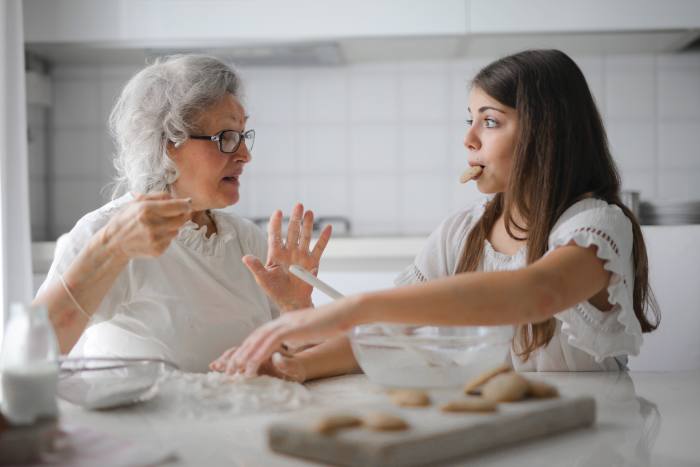
Women who may have been forced to bring forward retirement plans due to the pressures of Covid-19 must make sure their pension pots are robust enough to stay the course.
According to Deborah Chapman, personal wealth adviser at Schroders Personal Wealth, pension pots need to "last the course", but with statistics showing more women are taking early retirement as a result of Covid, she has urged "planning as soon as possible".
Chapman commented: "Having a plan is key when looking to see if your pension pots will last the course. It’s essential to start to plan as soon as possible."
Anyone considering last-minute changes to their retirement plans need to consider what their income needs are going to be in retirement, "not just the must-haves, but also all the nice to haves as well, such as holidays, new cars and home improvements."
She urged people to speak with a financial adviser once they have put a baseline plan in place, so they can review all their different sources of capital and income, and take steps to fund any deficit.
Chapman also said it was important to start the planning as soon as possible, to ensure "women are contributing to their early retirement as soon as possible".
Her comments have reflected several recent studies, such as the Chartered Insurance Institute's Insuring Women's Futures research, which shows women's pension pots are significantly smaller than men's.
As a result of its research, chief executive of the CII, Sian Fisher, told FTAdviser in 2020 that the CII was meeting with the Financial Conduct Authority to see what more could be done to help end the pension pot disparity.
Figures from the report showed that the average 65-year-old woman's pension pot is £38,000 - five times lower than the average 65-year-old male's pension pot.
The CII research estimated that while the pay gap will persist until 2050 unless there is intervention, the pensions gap will remain wide until 2100.
Part of the problem is with gaps in their service, often because women have taken time out of paid employment to raise children or carry out caring roles for other family members.
Chapman commented: "Women are more likely to put their family’s needs before their own. Women should be encouraged to think further ahead and what their needs are likely to be when they get older, especially as they are often more likely to end up as the ‘carer’."
She suggested women should therefore start off by checking their state pension entitlement as part of their planning, to see if they have any gaps in their national insurance history.
"One of the advantages of starting to plan as early as possible will be that they potentially have time to rebuild their NI history", she said.
Further planning tools include reviewing any multiple pension pots - no matter how small - and see whether it is appropriate to consolidate these into one place.





